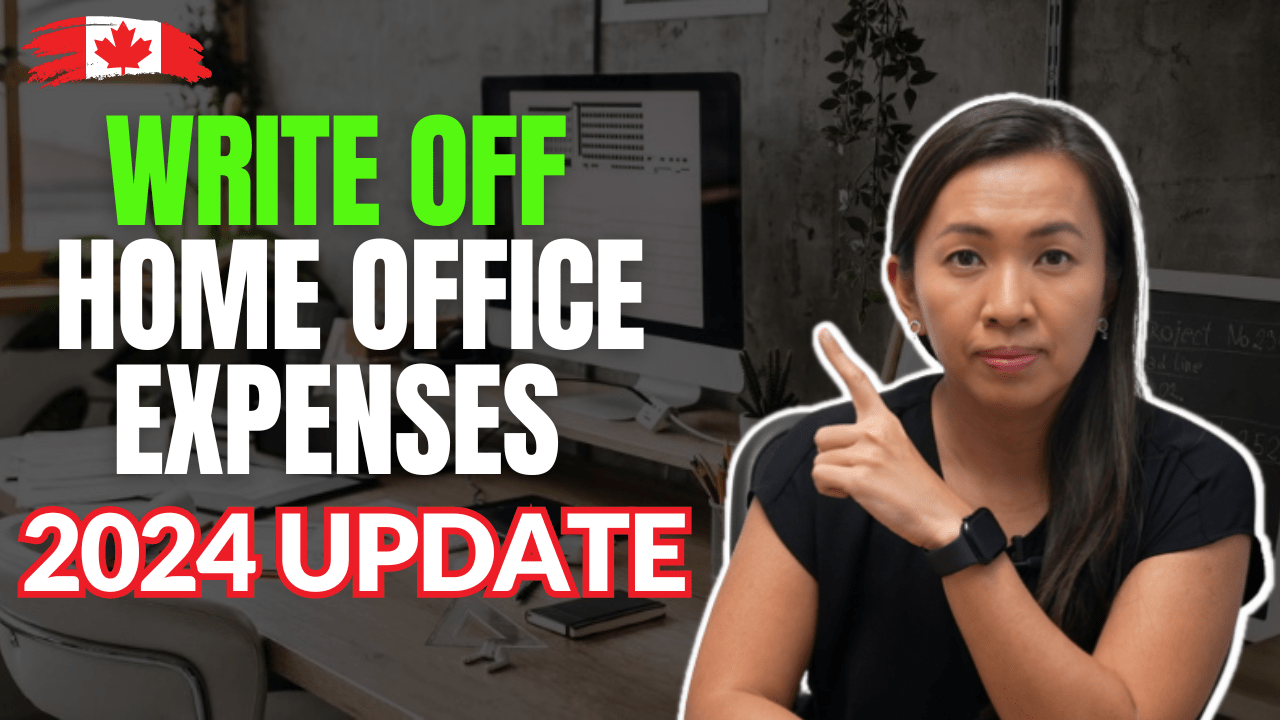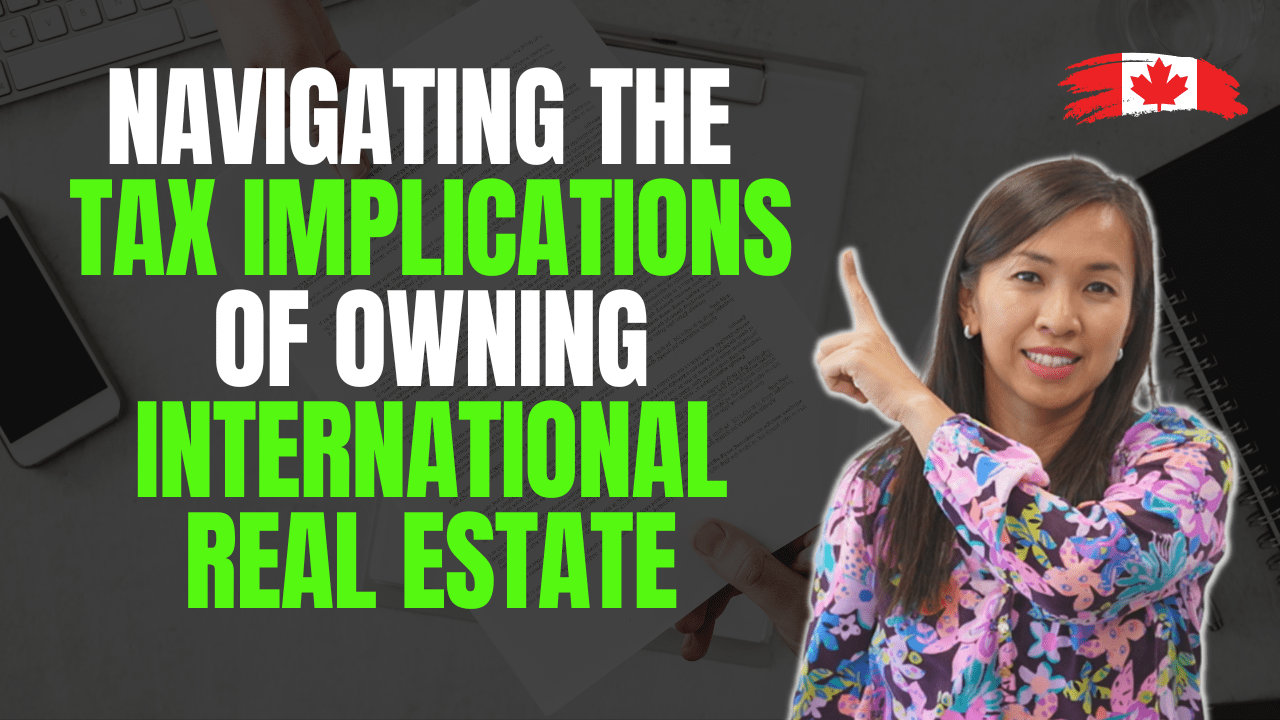Thursday is the election day in Ontario.
It is so disheartening to see how much “new spending” is promised across all parties.
Liberals don’t look like they have a chance, but the options remaining aren’t any better.
This Global & Mail article best described it.

Buying the vote with future generation’s money is easy. Benefits are received today, but we will pay for it someday.
Someday may mean cut benefits and health care when we are older.
It could also mean our children will have no benefits.
Both PC and NDP vow to spend $10 billion in the upcoming fiscal year, without a plan to recoup the loss. NDP already said that they would increase taxes to cover a portion of the deficit.
I truly feel that we are voting for the lesser of two evils. ?
Regardless what your belief is, be sure to vote! It’s our privilege and responsibility.
Now onto this week’s topic – 7 steps you need to take when you set up a new corporation
-
Open a bank account
A corporation is a separate legal entity. When you conduct business in your corporation’s name, the corporation earns money, not you personally.
If you receive money in your personal bank accounts, shareholder benefits might have been conferred to you instead.
In simple terms, you will have to pay personal taxes in your name.
And your corporation may still have to pay taxes on this earned income!
Double the taxes!
The best way to go around this is to ensure all corporation earned income is deposited directly into the corporate bank account.
-
Open a credit card, if that’s an option
When you first set up a corporation, it’s often advisable to have a credit card as well.
Credit cards are used for the day to day business expense incurred to earn the income.
Sometimes, the bank may not allow a brand-new corporation to have its own credit card.
A dedicated credit card in your name can be sufficient.
The idea is that only corporate business expense can go through this credit card, making accounting, bookkeeping and reconciliation a lot easier.
It also helps to establish the deductibility of fees and interest on this credit card.
-
Purchase shares
Many business owners simply go online to set up the corporation themselves.
Shares are often set up as a journal entry at year-end by the accountant.
The truth is, to have the corporation establish, a share must be purchased. (Trust me, a few court cases have mentioned the validity of the corporation before!)
To establish that, the shareholder should deposit a cheque to subscribe for the shares at the beginning.
-
Register for your HST account
You may be in the residential rental business – most residential rental companies are not subject to HST, and you may not be required to register for HST.
If you are a builder building new homes, your business is subject to HST. Registering for HST earlier guarantee that you get the benefits of getting a refund from the HST you paid.
If you are a flipper, depending on whether you are renovating substantially or not, you may have an HST exposure still.
If you are a real estate brokerage, you don’t really have a choice but to register for HST. Chances are, you won’t even get paid if you are not registered for HST.
If you have HST exposure, be sure to register for an HST account early to avoid any future surprise.
-
Select an accounting software and all related apps
Whether you have a real estate investment business, realtor business, flipping houses or building houses, you would need to select an accounting software initially.
In the marketplace, there are tones of apps that keep everything smooth and straightforward for you. For example, if you’re handling many customers then it is important to get a powerful CMS system that suits your needs.
For general contractors, specific apps are available for progress billings.
For regular business owners, I suggest using credit card collection, which makes collection much more manageable.
For rental investors, I’m personally using an app for collecting rent and making payments to my subcontractors at $1 each. The app syncs with my accounting software, performing my accounts payable, and receivable function automatically and seamlessly. I looked into this app after a friend of mine recommended that I look into a way to manage my rent collection and my accounts.
There are also apps out there helping you to track your mileage and fetching bills and bank statements for you. It would be advisable to also get yourself some documentation management software, this will help you get everything on your computer organised and anything that you have as a physical copy can be scanned into it to, this will reduce paper in your organisation.
Be sure to speak to your accountant regarding the apps available that suit your specific need.
-
Select a year-end for your corporation
As an individual, we’re so accustomed to having December 31 as a year-end. Calendar year-end means our year-end.
We are required to file our personal tax return on April 30 if you’re not self-employed or by June 15 if you’re self-employed.
One year-end is December 31, which is one filing deadline.
Your corporation is a separate legal entity. Your corporation has the flexibility to select its year-end. And it does not have to be December 31!
Sometimes, a year-end of January 1 can be advisable for tax deferral purpose. Sometimes, a July 31 year-end may be more appropriate.
The filing deadline for a Canadian Controlled Private Corporation (for the majority of my audience here) is six months after year-end. Corporate taxes, however, are due only three months after year-end.
HST filing requirement can be different, depending on the filing frequency requirement.
-
Make money and talk to your accountant early
After spending so much money on initial setup, it’s time to make some money!
Tax planning should be accomplished ahead of time.
Tax planning is also highly personal. The strategy should start before setup the corporation, with your goal in mind, the proper corporate structure should be set up.
Once you start earning income, you should have a conversation with your accountant on how much money you should set aside in preparation for tax owing.
Believe it or not, making money is essential, but keeping a portion for the tax man can avoid much grief in the long run.
Until next time, happy Canadian Real Estate Investing.
Cherry Chan, CPA, CA
Your Real Estate Accountant






Teresa
Hi Cherry,
Great post!
You mentioned you were using an accounting app that syncs your payments, which one do you use?
Thanks again,
Teresa
Cherry Chan
I currently use Plooto but there are many other apps in the market.